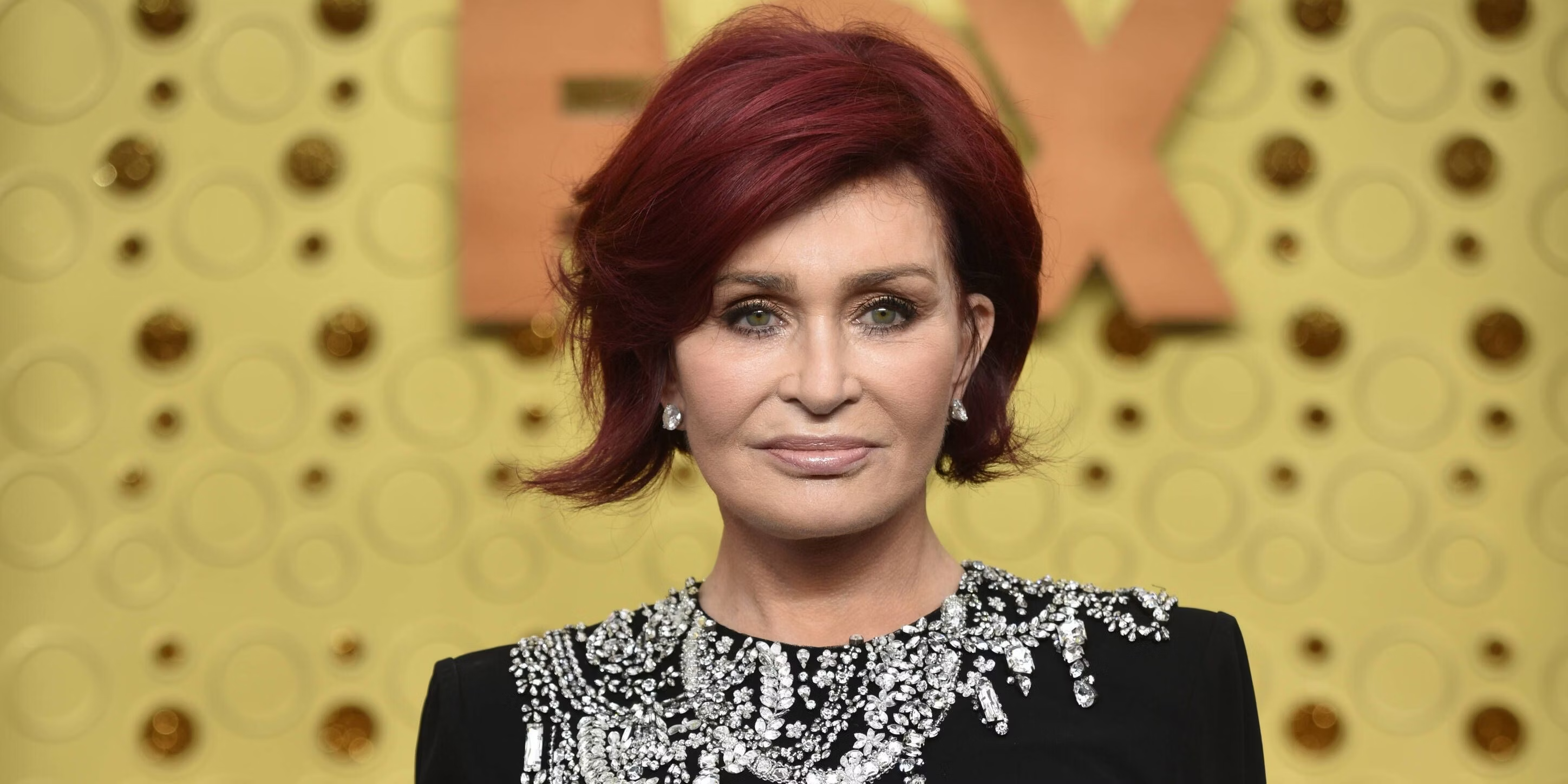When Sharon Osbourne resigned as the Smashing Pumpkins‘ manager in January 2000, she didn’t just quit — she dropped a press release grenade. Her parting shot? She was leaving “due to medical reasons” because “Billy Corgan was making me sick.” In the drama-fueled world of rock management, it was the equivalent of a wrestler throwing a folding chair into the ring.
The Four-Month Disaster Tour
Their professional relationship lasted shorter than most celebrity marriages. Osbourne took over the Pumpkins’ management in October 1999, following the band’s split from previous managers Q Prime. The band was dealing with the commercial disappointment of their album “Adore,” which sold well but nowhere near the 5 million copies of their previous hit “Mellon Collie and the Infinite Sadness.”
The breaking point? Picture this: December 1999, a video shoot in California. Corgan insists on the band wearing dramatic black dresses for their “Stand Inside Your Love” video. Osbourne, fresh from managing Ozzy’s metal empire, watches in visible disbelief. When she criticizes the artistic choice as “try-hard,” Corgan responds with the silent treatment, like a moody teenager who’s just had their phone confiscated.
“I don’t need games in my life. I don’t need stupid little boys making faces at me,” Osbourne told Reuters after quitting. You can practically hear the eye roll through the quote. Osbourne simply didn’t fit in, like a wildly misplaced song in an album.
The Roast Session Goes Public
What followed wasn’t just a professional separation but a verbal demolition derby. In a Q magazine interview that would make modern-day Twitter beefs look tame, Osbourne described Corgan as “a nice person underneath all the bullshit” who was “surrounded by arse-lickers.” Then came the knockout punch: calling him “a six foot baldy twat in a dress” who “won’t accept anyone else’s opinion.”
Remember, this was 2000 — before celebrities could hash out their differences through passive-aggressive Instagram stories or Notes app apologies.
The drama escalated beyond words, and the feud even recruited new players when, at a 2002 radio show, Kelly Osbourne took the family vendetta public by hurling insults at Corgan from stage. At this point, the feud was less “professional disagreement” and more “Game of Thrones with guitars.”
The Diagnosis: Creative Differences
At its core, this celebrity showdown represented the classic wrestling match between artistic vision and commercial reality. Corgan, the alternative rock visionary, versus Osbourne, the heavy metal marketing mastermind.
“You’ve always had a hard-charging, aggressive managerial style,” Corgan told her during the interview. “You were never shy about saying what you felt.” Translation: “The things that made me call my lawyer back then are actually pretty cool now.”
The Unexpected Reunion Tour
Time doesn’t just heal wounds — sometimes it completely rewrites the script. By 2014, Corgan was telling Howard Stern they had “made up years ago.” Fast forward to 2025, and they’re not just civil — they’re collaborators.
The plot twist would make M. Night Shyamalan jealous: Corgan recently hosted Osbourne on his podcast “The Magnificent Others,” where he praised her management skills, particularly with Ozzfest. Suddenly, the traits that once drove them to legal threats became professional admiration.
The Ultimate Rock Redemption Arc
The cherry on top of this reconciliation sundae? Osbourne personally invited Corgan to perform at Black Sabbath’s farewell show. “I said to him, ‘Come and join us,’” she revealed to Metal Hammer. “He took the invitation gracefully.”
The upcoming show will feature Corgan alongside Tom Morello from Rage Against the Machine and Tool’s drummer Danny Carey, creating what could be rock’s most unexpected supergroup since Prophets of Rage. “They’re all from Chicago so they’re all doing their bit,” Osbourne explained, making it sound as casual as inviting neighbors to a backyard barbecue.
The Encore Nobody Expected
In an industry where grudges are typically preserved like vintage guitars, the Corgan-Osbourne reconciliation proves that even the most volcanic feuds can cool into something productive. Osbourne now describes Corgan as “a very, very bright, artistic person,” while he appreciates the very directness that once sent him into silent treatment mode.
Their journey from trading lawsuits to trading compliments offers a masterclass in how time and maturity can transform relationships. As Corgan prepares to join Black Sabbath’s farewell celebration, it stands as proof that in rock ‘n’ roll — just like in your high school reunion — sometimes your biggest enemy can become, if not your best friend, at least someone you can share a stage with.


























